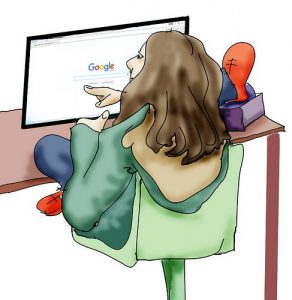Social media can produce high levels of stress and anxiety. Sharing and posting aspects of your life with others is the purpose of social media but it can lead to negative outcomes. These negative outcomes can cause a mental health concern or it can exacerbate an existing disorder. Studies show that those with higher levels of self-esteem use social media to creatively express themselves by posting and sharing information. On the other hand, those with lower levels of self-esteem use the sites differently. Individuals with lower self-esteem spend a significant amount of time counting likes, making sure there is never an unflattering picture, or negative comment made that would change the image of themselves they are creating.

Continue reading Social Media Can Induce Feelings of Anxiety
















